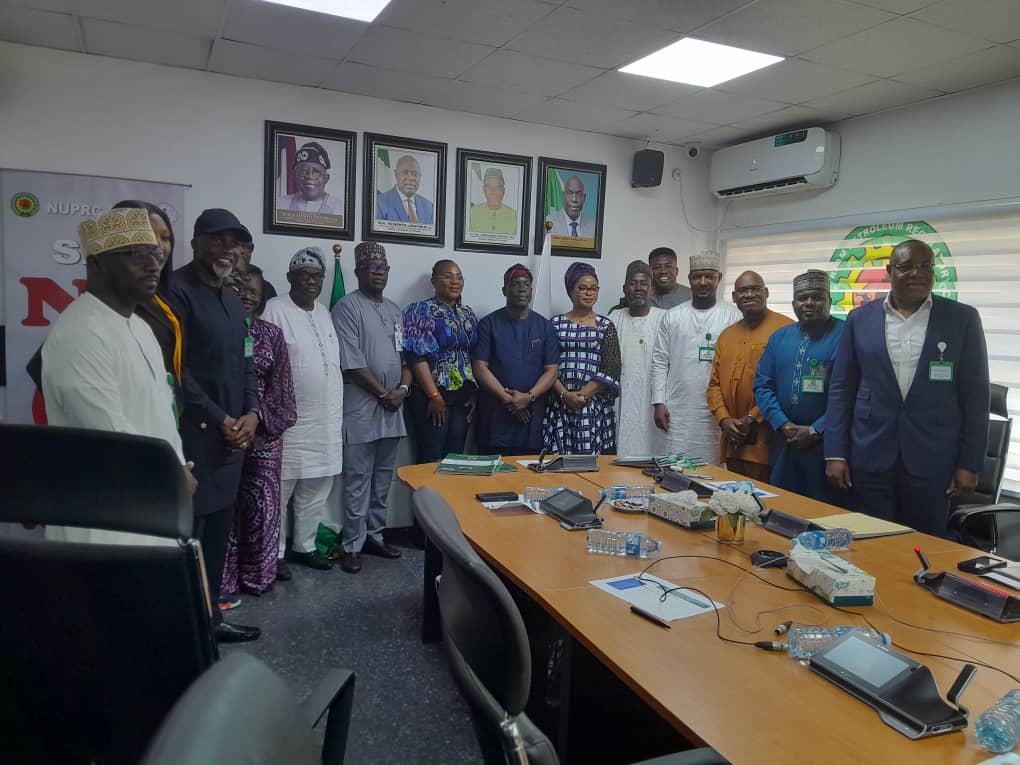McKinsey & Company has stated that the Nigerian banking sector is at a critical juncture, with higher capital requirements and digital disruption driving a new era of consolidation and innovation.
McKinsey’s Managing Partner in Lagos, Frederick Twum, stated this during a presentation on the Nigerian banking sector during the multinational consulting company’s inaugural Media Day held in Lagos, that brought together media outlets from across the country and globally.
The event was designed to introduce McKinsey leaders in the region and provide insights into McKinsey’s African footprint, core research, and innovations that have transformed the firm into an impact partner in the country.
“Nigeria’s banking market sector has been shaped by macroeconomic shocks, regulation, and maturing digital disruption. Key trends include higher capital requirements driving consolidation, fintechs targeting underserved SMEs, and open banking unlocking embedded finance.
“In addition, foreign exchange revaluation gains are fading—and are increasingly getting ring-fenced. Banks will be looking for new sources of value. The Nigerian banking sector is at a critical juncture, with higher capital requirements and digital disruption driving a new era of consolidation and innovation,” Twum said.
On Generative Artificial Intelligence (AI), the company noted that this could help Africa leapfrog to $100 billion in annual economic value. A presentation on Africa’s Gen AI opportunity, led by Mayowa Kuyoro, Partner, global leader of McKinsey’s Fintech Practice and leader of Financial Services Practice in Africa, revealed that Africa could unlock more than $100 billion in additional economic value annually through the at-scale deployment of Gen AI.
“Over 40 per cent of the institutions surveyed by McKinsey have either begun experimenting with Gen AI or have already implemented significant solutions. However, the continent has only scratched the surface of what is possible with both traditional AI and Gen AI. Combined, traditional AI and Gen AI could generate more than double the value of Gen AI alone, with traditional AI contributing at least 60 per cent of this value,” she added.
According to recent McKinsey research, more than half of the economic potential from Gen AI in Africa was concentrated in sectors where there are already front-runners: banking; retail; consumer packaged goods (CPG); telecommunications; insurance; mining, heavy industry, and energy; and the public sector (including healthcare).
Kuyoro, stressed that, “African organisations must align talent, technology, and data with their goals and focus on a holistic approach that integrates strategy, operating models, and user adoption. This approach can help to dismantle barriers and equip them to excel in an AI-driven world.”
McKinsey & Company featured its latest Women in the Workplace report, extending its landmark research series to Nigeria, Kenya, and India for the first time. The research shed new light on the systemic barriers affecting women’s participation in the formal economies of these countries. The investigation revealed that women hold just 33 per cent of entry-level positions in the Nigerian formal private sector – signalling that the gender gap is wide at the point of entry.
The post McKinsey: Nigerian Banking Sector at Critical Juncture appeared first on THISDAYLIVE.


